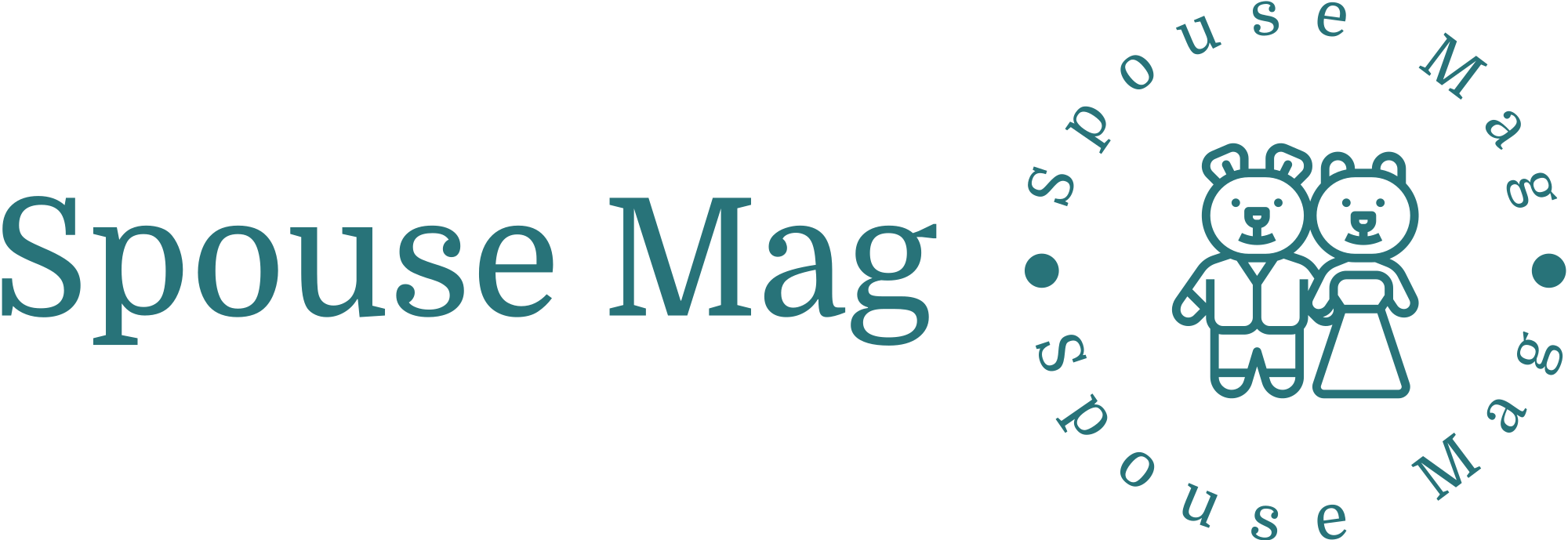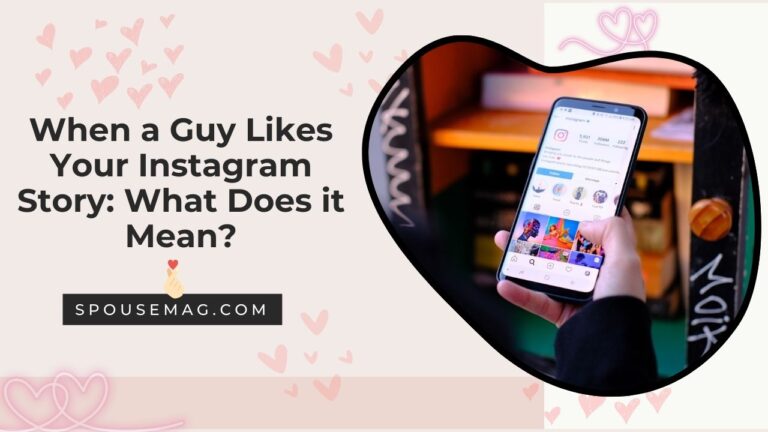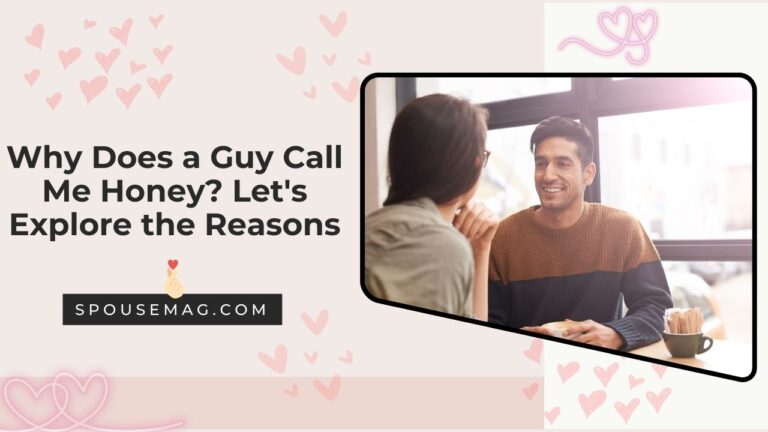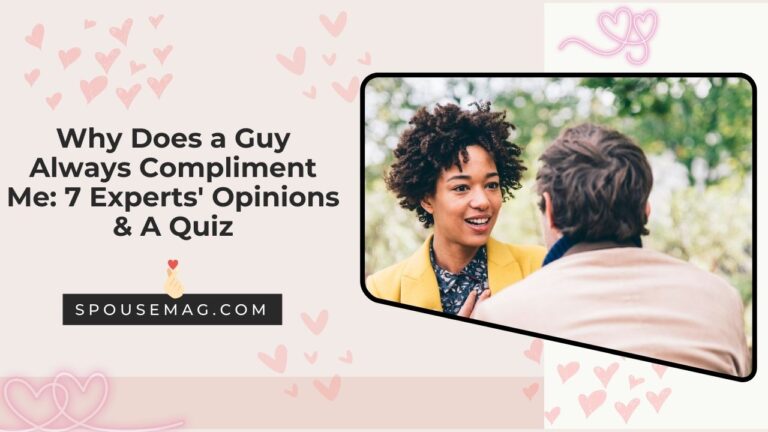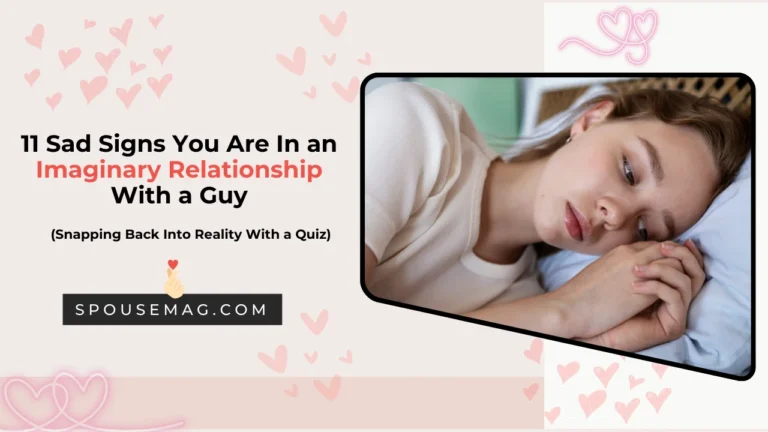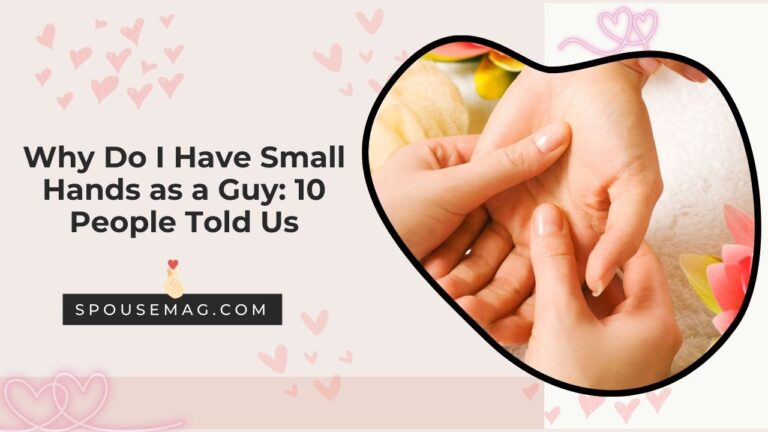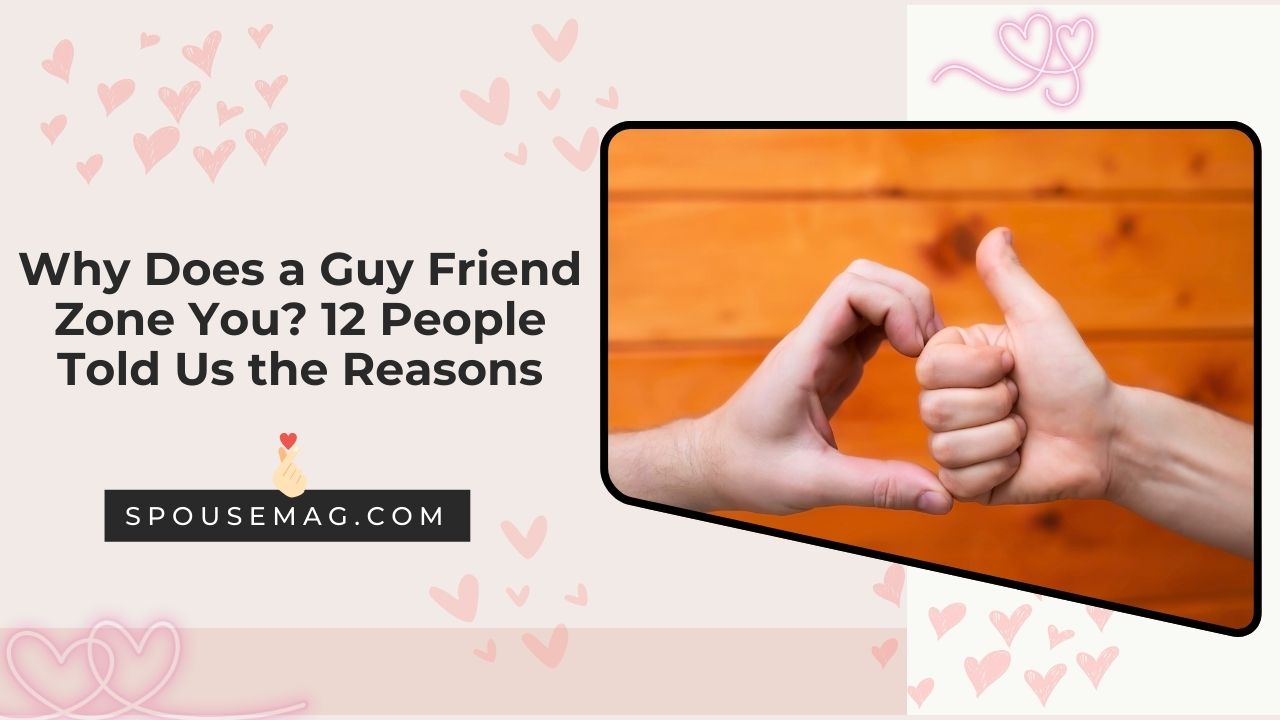
The concept of the friend zone is familiar to many. It’s that gray area where someone you have romantic feelings for sees you as “just a friend.”
This situation is confusing and frustrating, leaving you wondering what went wrong.
The friendzone isn’t just a myth; it’s a real phenomenon that many people experience. Understanding why a guy friend zones you can provide clarity and help you navigate these tricky waters with grace.
The Friend Zone: A Reality Check
Ava confesses that she’s often left wondering why she’s been friend-zoned by her crush. “I feel like I’m stuck in limbo, unsure of how to move forward,” she says. Despite her efforts to connect on a deeper level, the conversation always seems to revert to a platonic tone. Ava realizes that her desire for something more may be misaligned with his intentions. “It’s tough to accept, but sometimes you just have to acknowledge that the other person doesn’t feel the same way,” she admits.
Danial shares his perspective on why he tends to friend-zone some women. “Honestly, I value my friendships with them too much to risk complicating things,” he explains. He appreciates their companionship and doesn’t want to jeopardize it by pursuing something romantic that may not work out. “It’s not that I’m not attracted to them, it’s just that our connection is stronger as friends,” he says. Danial believes that being honest with himself and others about his intentions is crucial in avoiding misunderstandings.
12 People Told Us: Why Does a Guy Friend Zone You
I have chatted with several people from across the USA and got their insights on the matter. Let’s see what they had to say:
1. Sarah, 29, Teacher, Los Angeles
Sarah sees it from a unique perspective. “Sometimes, a guy friend zones you because he truly values your friendship. He fears that moving into a romantic relationship could jeopardize what you already have.”
Leaning back, she added, “Friendship holds incredible importance to some people. Losing a close friend because of romantic complications isn’t worth the risk for them. They prefer to maintain the status quo.”
Read More:
- Why Does a Guy Stutter When Talking to Me? The Real Causes Explained
- Why Does a Guy Keep Staring At Me? Know His Intentions
- Why is a Guy Asking Me Personal Questions? 7+ Reasons
2. Mike, 34, Software Engineer, Seattle
Mike has a different take. “Guys often friendzone someone due to a lack of romantic attraction. It’s not about the other person being unattractive; the chemistry just isn’t there.”
He paused before continuing, “Physical and emotional attraction are complex. Sometimes, the spark doesn’t ignite, and it’s better to keep things platonic rather than force something that isn’t naturally there.”
3. Emily, 27, Nurse, Chicago
Emily believes timing plays a crucial role. “A guy friend zones you because he’s not in the right headspace for a relationship. Focusing on his career or personal growth, he avoids any distractions.”
She elaborated, “When someone isn’t ready, they prefer to keep their distance romantically. It’s about prioritizing their own needs and goals at that moment.”
4. David, 31, Marketing Specialist, New York
David thinks previous relationships impact current dynamics. “If a guy has been hurt in the past, he feels cautious about jumping into a new relationship. Friendzoning serves as his way of protecting himself.”
He continued, “Emotional baggage makes people wary. They want to ensure they’re fully healed before risking their heart again.”
5. Jessica, 26, Graphic Designer, Austin
Jessica offers another angle. “Sometimes, a guy friend zones you because he’s already interested in someone else. His romantic energy is directed elsewhere, so he can’t reciprocate your feelings.”
She added, “It’s not about you; it’s about where his attention lies. When he’s invested in someone else, it’s hard to see others in a romantic light.”
6. Kevin, 29, Personal Trainer, Miami
Kevin believes uncertainty plays a big role. “Guys feel unsure of their own feelings. Friendzoning gives them time to figure out what they really want without committing prematurely.”
He explained, “Uncertainty is natural, especially when emotions are involved. They need time to sort through their feelings before making any decisions.”
7. Lisa, 32, Journalist, San Francisco
Lisa suggests societal pressure influences decisions. “A guy friend zones you because of societal expectations or pressure from friends and family. Sometimes external opinions weigh heavily on personal choices.”
She emphasized, “Society impacts how people navigate relationships. Fear of judgment leads to safer, less complicated decisions like maintaining a friendship.”
8. John, 28, Chef, Denver
John thinks personal priorities matter. “A guy prioritizes his personal goals over romantic relationships. Whether it’s building a career or traveling, his focus isn’t on dating.”
He added, “It’s about where his energy is directed. When someone is driven by personal ambitions, relationships take a backseat.”
9. Megan, 30, Lawyer, Boston
Megan believes fear of change is a factor. “The fear of change makes a guy hesitant to start a romantic relationship. Friendzoning serves as a way to keep things familiar and stable.”
She continued, “Change feels daunting. Keeping a friendship intact feels safer and more predictable than navigating a new romantic dynamic.”
10. Alex, 33, Accountant, Houston
Alex highlights the role of maturity. “A guy friend zones you if he feels he’s not mature enough for a serious relationship. He recognizes his limitations and doesn’t want to lead you on.”
He elaborated, “Self-awareness about one’s readiness for commitment is crucial. Friendzoning acts as an expression of honesty and responsibility.”
11. Rachel, 25, Social Worker, Philadelphia
Rachel sees it as a way to manage emotions. “Friendzoning serves as a way for a guy to manage his emotions and avoid potential heartbreak. It’s a defensive mechanism to keep feelings in check.”
She explained, “Emotions overwhelm people. By friend-zoning, he maintains control over the situation and minimizes emotional risk.”
12. James, 35, Entrepreneur, Phoenix
James thinks it’s about compatibility. “Sometimes, a guy realizes that while you get along great as friends, there are fundamental incompatibilities that would make a romantic relationship difficult.”
He added, “Compatibility goes beyond surface-level connections. It’s about shared values, goals, and lifestyles. Friendzoning acknowledges these deeper issues.”
5 Reasons Why Guys Friendzone
There are several reasons why a guy friend zones you, and it’s not always a reflection on you. Here are some common possibilities:
1. Lack of Romantic Attraction
One of the most common reasons a guy friend zones you is a lack of romantic attraction. This doesn’t mean there’s anything wrong with you.
Attraction is subjective, and just because he doesn’t feel that way doesn’t mean someone else won’t.
2. Already Interested in Someone Else
Sometimes, a guy friend zones you because he’s already interested in someone else. His emotional and romantic energy is focused on another person, making it hard for him to see you as more than a friend.
In such cases, his friend zoning is more about his current interests than about you.
3. Not Looking for a Relationship at the Moment
A guy also friend-zones you if he’s not looking for a relationship. He is focusing on his career, personal growth, or simply enjoying being single. During these times, he prefers to keep things platonic to avoid any complications.
4. Uncertain About Their Feelings
Uncertainty about one’s feelings also leads to friendzoning. A guy genuinely cares about you but feels unsure about taking the relationship further. He worries about the potential risks and whether he’s ready for a romantic commitment.
5. Value the Friendship and Don’t Want to Risk Losing It
Lastly, valuing friendship highly is a reason for friend-zoning. He fears that dating could complicate things and eventually lead to losing a cherished friend.
In such cases, he intends to preserve the bond you share without the added pressures of a romantic relationship.
Dealing with the Friendzone
Being friend-zoned is a bummer. Here are some tips to navigate this situation healthily:
- Acknowledge Your Feelings: It’s okay to feel hurt, confused, or even a little angry. Allow yourself to process these emotions healthily, like talking to a trusted friend or journaling your thoughts.
- Consider Taking Space: Sometimes, taking some time apart helps you gain perspective and clarity. You don’t have to completely ghost him, but you need some distance to process your feelings.
- Communicate Honestly (Optional): If the friendzone situation is really bothering you, consider having an honest conversation with him. Let him know you developed feelings and gauge his interest. However, approach this conversation with understanding and avoid pressuring him.
- Evaluate the Friendship: Ask yourself if this friendship is still fulfilling for you. Can you handle being just friends while harboring romantic feelings? If not, it is best to create some distance for your own emotional well-being.
- Move On (If Necessary): If the friendship is no longer working, it’s okay to move on. Focus on building relationships where there’s mutual romantic interest. Surround yourself with positive and supportive people.
Conclusion
Being friend-zoned doesn’t diminish your worth. It’s a part of life that many people experience. Use this opportunity to focus on building healthy relationships and nurturing mutually fulfilling connections.
Remember, the right person will appreciate you for who you are, without reservations. Prioritize your happiness and well-being, and keep moving forward with confidence.

As a married wife, founder, and editor of SpouseMag.com – these guides are based on my own personal experiences, observations, research and insights. I am transparent about being inspired by the life and work of the two greatest experts in the relationship space – Dr. John and Julia Gottman, and Harville and Helen. They two are some of the strongest couples, researchers, authors, and counselors when it comes to marriage and relationships. My advice and guides are based on my insights and research, and they are not an alternative to professional advice.
